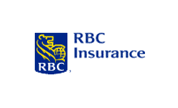
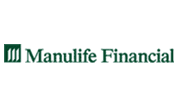

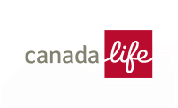
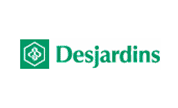

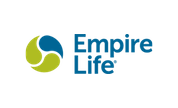
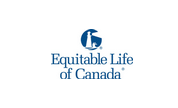

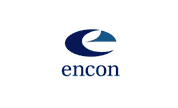
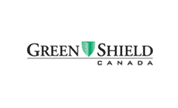
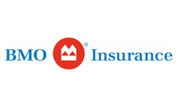
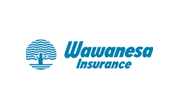

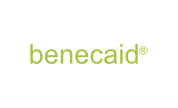















Extended Health Care benefits, also referred to as major medical benefits, are designed to supplement existing provincial hospital and medical insurance plans. The benefit provides for reimbursement of expenses and services not covered by existing government plans.
Extended Health Care benefits can be divided into several categories which include:
The plan may include a deductible (e.g. $25 for employees with single coverage, $50 for employees with family coverage, or $5 per prescription drug), a coinsurance factor (e.g. 80% reimbursement for prescription drugs), and maximums (e.g. $500 per calendar year for physiotherapy). It is common to have a different coinsurance factor for difference benefits. For instance, hospital and out-of-province coverage are frequently reimbursed at 100% as claims for these benefits can be substantial and present a significant financial burden to employees. However, other Extended Health Care Benefits are often reimbursed at a lower level.
Extended Health Care plans can provide coverage for any eligible medical expense listed under Section 118.2(2) of the Income Tax Act. Coverage typically includes the following:
Most of the basic hospital and surgical expenses incurred during a period of hospital confinement, including accommodation at the ward level, services of physicians and surgeons, diagnostic procedures, and drugs, are covered by provincial health insurance plans. The hospital benefit enables insured individuals to obtain preferred accommodation (if available) at a semi-private or private level.
Prescription drugs account for the largest item of an employer's total costs for a health care plan, typically accounting for 60-80% of the claims. There are three common methods of designing a drug plan:
There are two basic methods of reimbursing drug claims:
Reimbursement for supplies and the rental of or purchase of durable medical equipment including:
This benefit covers charges, including x-rays, of the following paramedical practitioners:
Reimbursement is subject to an annual maximum (commonly $500 per practitioner per calendar year). Reimbursement is based on the "reasonable and customary" charges for the insured's province of residence. Most services require a physician's referral.
This benefit provides coverage for out-of-province emergency medical expenses for an insured person who is traveling outside his or her province of residence. The benefit typically covers a period of up to 60 days of continuous travel. Covered expenses normally include:
The above services are also usually covered on a referral basis when the services are not available in the insured's province of residence. Reimbursement for referred services usually requires the prior approval of the insurer and is usually subject to lower maximums than claims resulting from an emergency.
Travel assistance provides employees with worldwide multi-lingual assistance, 24 hours a day, every day. This includes:
Other medical expenses typically covered under an Extended Health Care plan include the following:
Coverage typically ranges from $5,000 to $25,000 per calendar year for the services of a registered nurse, registered nursing assistant, certified nursing assistant or licensed practical nurse who administers care in the claimant's home. The services must be made on the recommendation of a physician.
This coverage provides for the reimbursement of dental expenses incurred as a result of an accidental injury, external to the mouth.
Provides coverage in excess of the ward rate plus user fees for active treatment or convalescent care provided by a nursing home. The maximum amount eligible for reimbursement is typically $20 per day for up to 180 days of continuous confinement.
Supplements government-sponsored benefit programs by covering charges in excess of the amount payable under the provincial health insurance plan for ambulances including an air ambulance.
Vision care coverage is an optional benefit and not a standard feature of most benefit plans. This benefit provides coverage for eye examinations, eyeglasses and contact lenses. Safety glasses and prescription sunglasses are normally excluded. A typical plan provides coverage of $200 for a period of 24 consecutive months. Eye examinations are also usually covered up to one examination per year per dependent child and one examination every two years for adults. (Coverage for eye exams is available only in those provinces where provincial plans do not cover eye exams.)